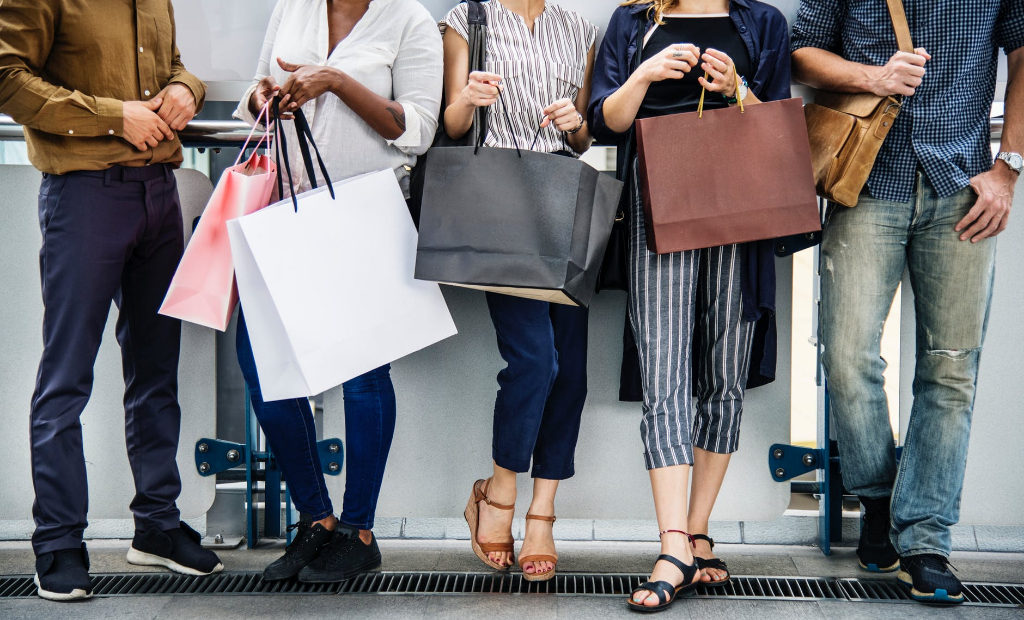Boots replaces plastic carrier bags with paper alternatives

Following in the footsteps of many other high street chains, health and beauty retailer Boots has announced its plans to switch from single-use plastic bags to 100% recyclable brown paper alternatives within a year.
The new, unbleached brown paper carriers, though not included in the plastic bag tax, will be available to shoppers at a cost of either 5p, 7p or 10p, dependent on size. All profits from these sales will then be donated to BBC Children In Need. The bags are already available in a number of stores with the chain vowing to go plastic-free at the checkout of every outlet by early 2020.
However, this pledge doesn’t apply to all prescriptions received from Boots’ pharmacy counters. The retailer has now come under fire for switching from paper to plastic bags for prescriptions prepared at its central pharmacy in Preston. The decision has caused huge confusion for customers and sparked outrage online with an outcry for even further change. Many are pleased to praise the company for their eco-friendly switch only to follow up with questions over the newly available plastic prescription packaging.
Boots have responded stating that plastic bags are used so that packaging can be heat sealed for safety and durability during transit. They have also ensured that they are currently looking at alternative solutions including potato starch, cellulose and paper. The retailer’s central facility will also operate with a minimum of 60% recyclable materials by July.
By making the switch from plastic to paper at checkout, Boots intend to reduce their annual usage of single-use plastic by 900 tons. In addition, counters currently dispensing prescriptions in paper bags will be making the switch to unbleached brown paper packaging, printed with water based inks this coming September.
With many high street chains and supermarkets either trialing or permanently making the long-awaited change from plastic to paper, single-use plastic is slowly becoming phased out. That being said, even paper bags aren’t exactly environmentally friendly. They too have a high production cost not to mention a tendency to rip or tear meaning realistically they are often not used more than once.
The most environmentally friendly option? Bring your own bag. Whether it be plastic, paper cotton or otherwise, re-using bags as many times as possible will always be the most earth-conscious option for shoppers.
Sophie Cook























Facebook
Twitter
Instagram
YouTube
RSS